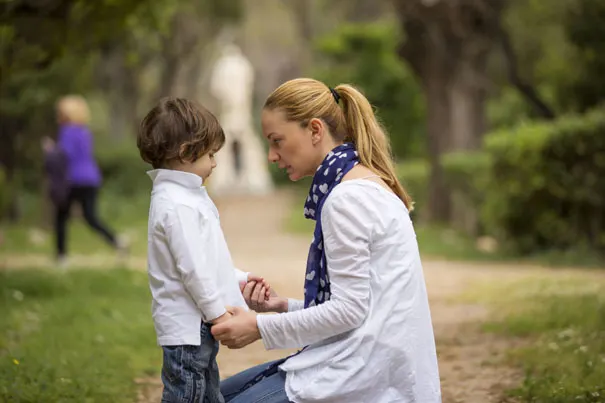Toddler biting: how to stop children from biting
Biting is very common among children ages 18 months to three years. Most biting reflects not only a toddler's feelings, but also her limited expressive language. A five-year-old may say, "Leave that alone. It's mine!" but a younger child may defend her turf with her teeth.
Why Children Bite
Biting is an emotional topic for parents. It seems so primitive and unmannered, and lots of parents think it indicates a disturbed child. Nothing gets a kid kicked out of daycare or off the birthday party list quicker than being identified as a biter. Sometimes children will bite when they're excited or even happy. At this age children usually act without thinking of the consequences. In fact, when one child bites another, the one who bit is often as surprised and upset as the one who was bitten.
Helping a Child Who Bites
Don't wait even a few minutes to talk to your child when she bites another. Toddlers have short attention spans, so they need clear and immediate feedback. Avoid vague statements like "Now, be nice to your sister," because a toddler may not see the link between that and her biting.
Try this: "No! We can bite apples or sandwiches, but we never bite people!"
Biting back will not work. It only teaches her that biting is acceptable behavior. She won't understand her parent's aggression and is likely just to be scared without learning anything.
Adapted from Toddlers and Preschoolers by Lawrence Kutner, Ph.D. (Avon, 1994).
Join Pampers Club and get:




